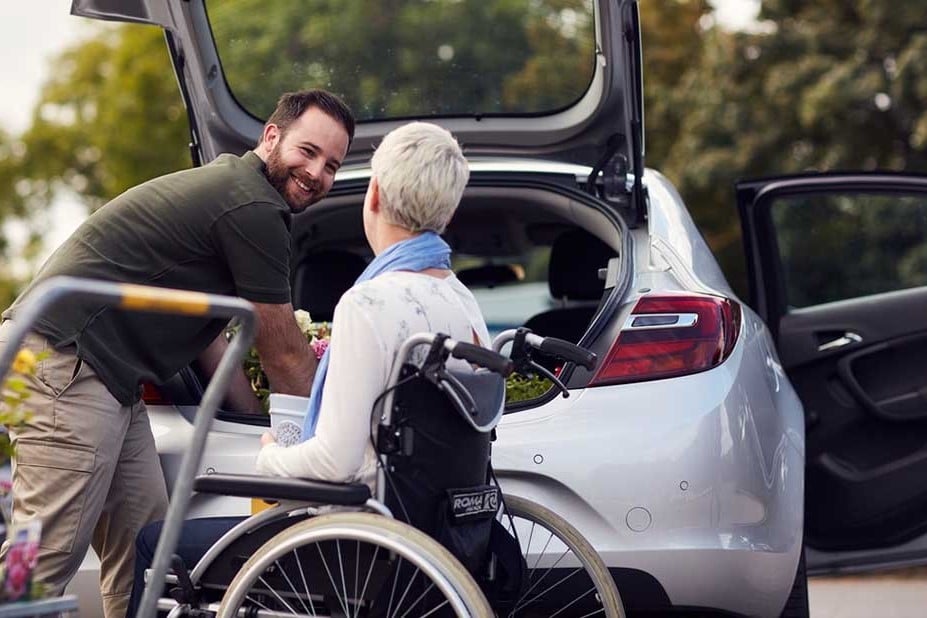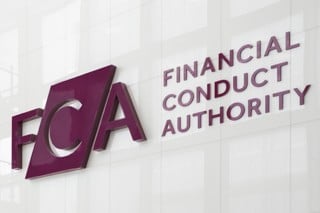More than a million disabled drivers, including many who are customers of the Motability scheme, could be left disadvantaged by the rollout of ultra rapid public chargers for electric cars.
The heavy cables associated with the faster public chargers risk leaving disabled motorists, who account for more than a million of the cars on UK roads, totally reliant on home charging when they eventually move into an EV.
Though more than 80,000 public charge points are available across the UK, only a small number (2.3%) are considered accessible to disabled users.
Results from the Cable Weight Report, published by the Electric Vehicle Association for England (EVA England), indicate that more than half of drivers with disabilities (51%) were identified as struggling with ultra-rapid charging cables (defined in the report as up to 350 kilowatts), compared to approximately one in five (21%) of other drivers.
Similar numbers of disabled drivers (53%) reported difficulties with rapid chargers (up to 50 kilowatts), compared to 10% of other drivers.
“There is a serious risk of disabled people being left behind in the rollout of public EV chargepoints,” said Nigel Fletcher, chief executive of the Motability Foundation.
“From our own research, we know that heavy charging cables are one of the key barriers to accessible public charging, and this new report from EVA England highlights how significant an issue this is.”
Motability has been keen to understand the implications of a transition from ICE to EV cars for the UK's disabled community, and it first began trials in 2022 to help identify the solutions needed.
Chief executive of EVA England, Vicky Edmonds, said: “The UK’s EV rollout is a major success story. But for over a million drivers with disabilities, it risks becoming one of exclusion.
“Heavy charging cables make public EV charging difficult or impossible for many.”
EVA England has joined the Motability Foundation and other EV-focused organisations to propose an amendment to The Planning and Infrastructure Bill.
Currently at committee stage in the House of Lords, the bill proposes measures to accelerate the installation of new chargepoints.
The amendment would enable the Government to enforce accessibility requirements if required in the future, ensuring that firms installing publicly available charge points consider the needs of disabled people.
"Accessibility standards are for everyone, not only drivers with disabilities," said Warren Philips, chair of EVA England.
“While charging costs or numbers of chargers may be the headline grabbers, this remains an oft-discussed yet absolutely essential aspect of EV charging we need to get right.”
The Cable Weight Report was compiled from the results of a national survey, with responses from 249 EV drivers, including 73 who identified as having a physical or mental health condition or illness.
























Login to comment
Comments
No comments have been made yet.